|
Hundreds of millions of years ago what we know as Africa was part of a supercontinent called Gondwana. Over time a great deal of evidence has been amassed about the supercontinent, but there are still a great many gaps in our knowledge. Now researchers have been able to reconstruct a landscape that was beset by volcanic eruptions - but in which many species were able to survive and lead normal lives. These insights have been gained from studying fossil trackways on a farm in the centre of South Africa. Emese Brody explains.
Also today:
• Highs and lows of the opium trade in southern Africa
• One year after Sierra Leone’s gender violence ‘emergency’
• How a speech made 30 years ago changed South Africa
|
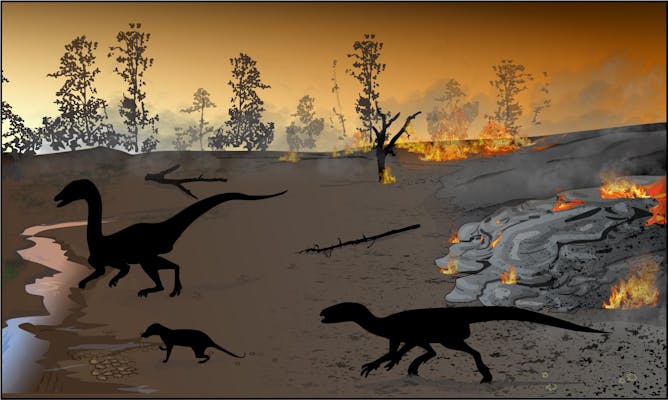
Reconstruction of the ancient environment at the Highlands trace fossil site about 183 million years ago.
Artwork by Akhil Rampersadh. Heterodontosaurid silhouette is courtesy of Viktor Radermacher.
Emese M Bordy, University of Cape Town
These trackways offer rare insights about ancient life in a stressful, hostile environment during the Early Jurassic.
|
Arts, Culture and Society
|
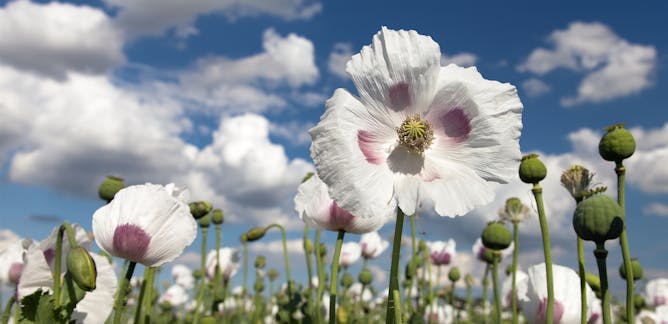
Thembisa Waetjen, University of Johannesburg
Opium played a fascinating role in southern African colonial politics, conflict and social change - from the poppy fields of Mozambique to the early days of Johannesburg city.
| |

Oludayo Tade, University of Ibadan
Support for European soccer clubs is defining relationships between spouses.
|
|
|
Politics
|
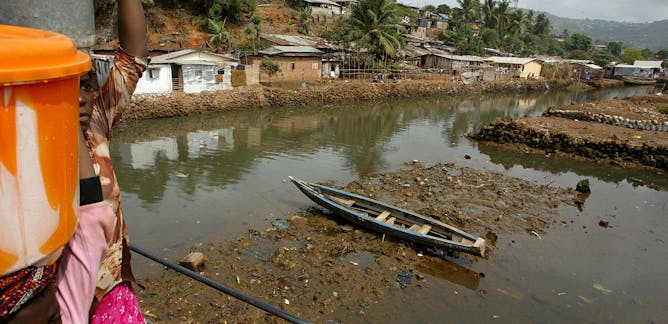
Laura S. Martin, University of Sheffield; Simeon Koroma, University of Edinburgh
The state of emergency ultimately led to substantial legal changes that should better protect women and girls. But what really happened?
| |

Dirk Kotze, University of South Africa
In his new capacity as President of South Africa, FW de Klerk directly experienced for the first time how the international community had abandoned its support for minority white rule.
|
|
|
From our international editions
|

Fei Chen, University of Liverpool
China’s strategy to contain the coronavirus just might work because of the way cities and infrastructure have been developed.
| |
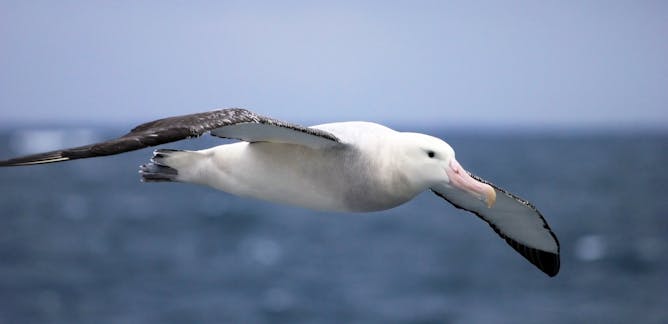
Samantha Patrick, University of Liverpool
Scientists were struggling to keep track of illegal fishing in international waters and the seabirds it threatened. Then they had an idea.
|
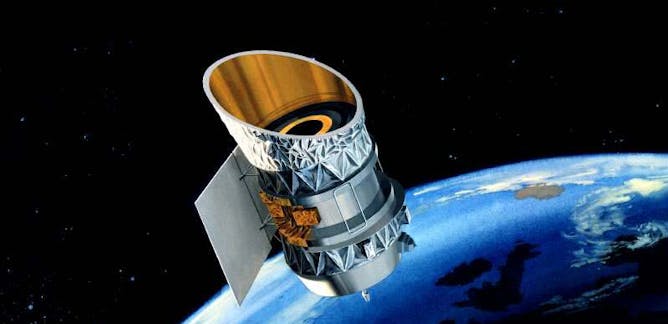
Gregory Cohen, Western Sydney University
Two defunct satellites passed within metres of one another, prompting renewed focus on the dangers of space debris. But with many satellites treated as military secrets, how do we track the hazards?
| |
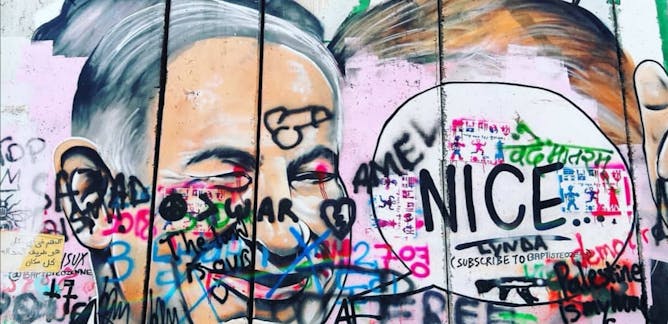
Brendan Ciarán Browne, Trinity College Dublin
A view from the West Bank on Donald Trump's 'deal of the century' for Israel and Palestine.
|
|
|
En Français
|

Linda Monborren, École de Management de Normandie – UGEI
Le Royaume-Uni quitte l’UE, mais entend bien continuer d’entretenir avec celle-ci un lien commercial avantageux… tout en développant ses échanges avec le reste du monde.
| |
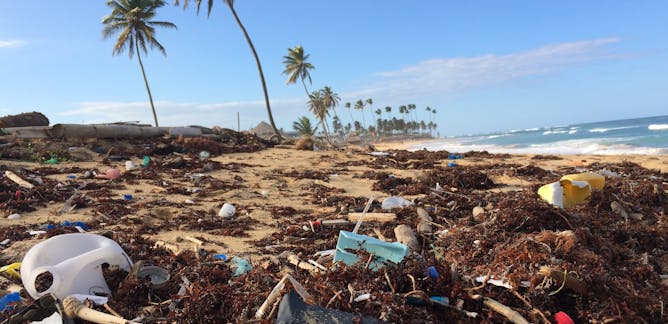
Pauline Salis, Sorbonne Université; Mathieu Reynaud, École pratique des hautes études (EPHE)
Les larves de poisson se nourrissent de plancton mais de plus en plus de plastiques de taille similaire sont présents dans les océans donc les chances de consommer du plastique augmentent.
|
|
|